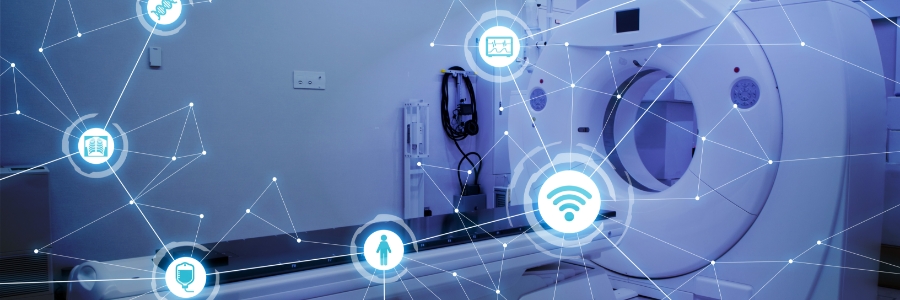Electronic medical records (EMRs) allow healthcare providers to keep patients’ health records in digital format, eliminating the need for paper charts and ensuring that clients get accurate attention promptly. When selecting an EMR system for your healthcare practice, keep these key factors in mind.
How to pick the right EMR system for your practice
Here’s how to get the right EMR system
4 Ways EMRs assist healthcare organizations

Electronic medical records (EMRs) digitize your paper medical records and, when properly implemented, can generate a positive return on investment and improve organizational efficiency. The major drawbacks of paperwork are that it hinders a healthcare institution’s ability to treat patients and slows down processes.
4 Key benefits of using EMRs

More healthcare providers are ditching the traditional pen and clipboard, and are looking to electronic systems to house the records of their patients. Electronic medical records (EMR) offer healthcare professionals a quicker way of accessing and sharing patient information between offices and providers.
What to consider when selecting EMR

You and your patients can benefit from having an electronic medical record (EMR) software system in your clinic, healthcare facility, or hospital. It significantly helps healthcare professionals keep a more comprehensive and detailed record of all their patients’ medical information and treatment procedures.
New heights in data compliance penalties

The tech industry is littered with buzzwords: overused jargon generally meant to inspire feelings of hope and accomplishment. Not all have positive connotations however, and data compliance is one of those spooky buzzwords that many small- and medium-sized businesses have scant specific knowledge about.
What can we expect from Apple HealthKit?

Medical records are generally inaccessible and hard to understand. In fact, if you were to try reading your own medical data, you might find that it’s almost as if it’s in a different language. A medical record can be riddled with cryptic phrases, acronyms and complex terms that mean nothing in the eyes of someone that didn’t study medicine for eight years.
Learn from this NFL team’s EMR fumble

ESPN recently reported that a laptop containing the medical records of thousands of NFL players was stolen from the car of a Washington Redskins’ trainer. And while the team released a statement saying no health information protected under HIPAA guidelines was at risk, the incident shows that EMRs are vulnerable no matter the size of your company.

